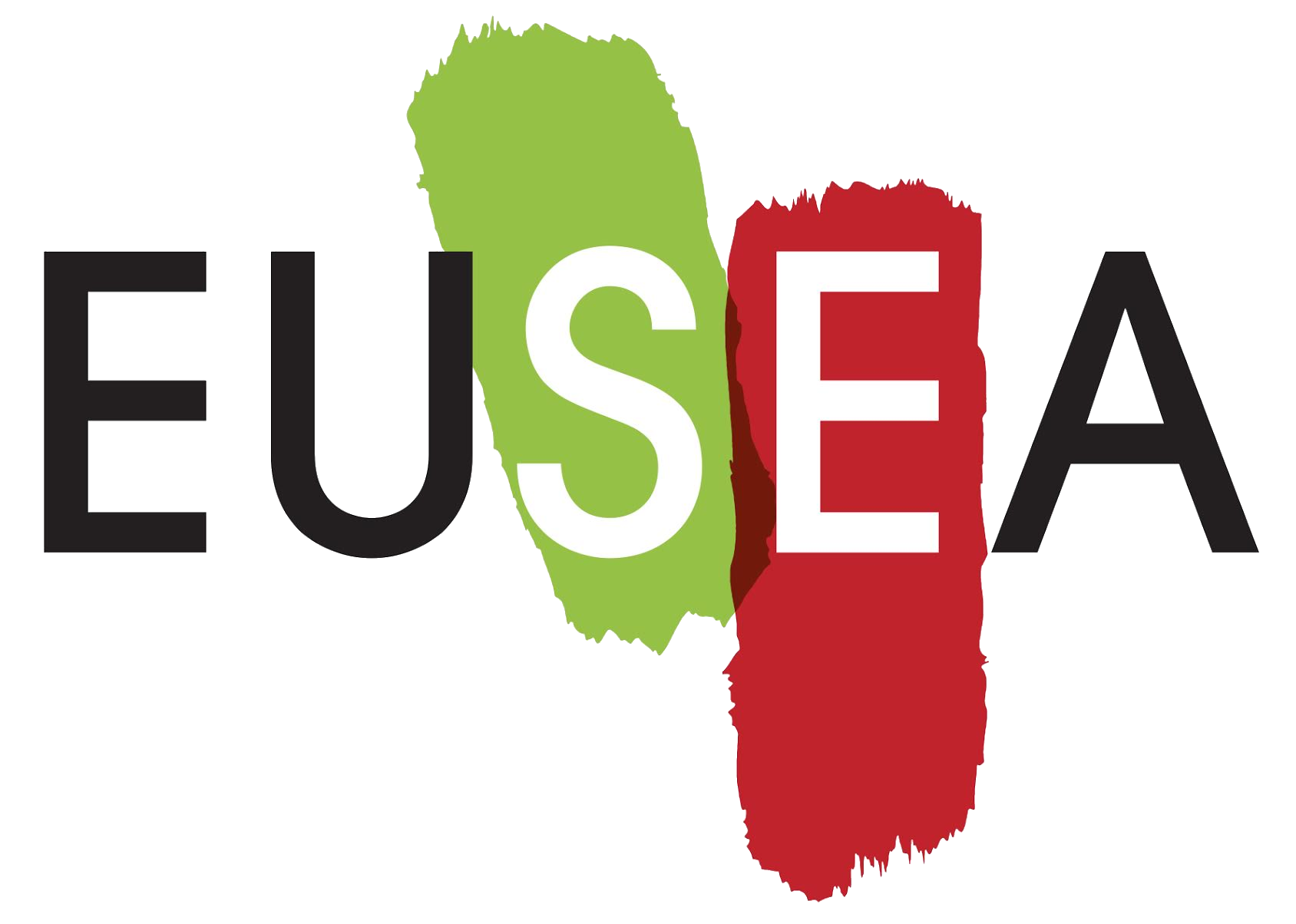Almost 50 European cities have now signed the PLACES declaration about ”Cities of Scientific Culture”. The Declaration is an outcome of the EU funded project PLACES that ended 31 May 2014.
During four years, more than 60 cities and regions in Europe have participated in the PLACES project, investigating the “City of Scientific Culture”. City and region representatives from all over Europe have participated in a collaborative work with science communication experts from museums and events to develop a picture of the most significant characteristics of successful science cities.
Local Action Plans have been developed and a series of “Pilot Activities” were initiated, all based on local and regional contexts and conditions.
The PLACES project will deliver recommendations to the European Commission. The PLACES Declaration is a significant part of these recommendations, summarising many of the findings of the project.
The Declaration concludes that science, including social sciences and humanities, are vital for the development of innovation, economic growth and welfare, as well as support for policy-making, based on scientific evidence.
Furthermore, the scientific advice, demands and reflections from citizens and other stakeholders should be considered as valuable and relevant input in science related decision-making processes. Thus, it is important to develop places for information and interaction, such as science museums, science centres and events. Research infrastructures are considered as knowledge hubs that can facilitate both literacy and engagement. A European “City of scientific culture” is able to learn, and change, to prepare the ground for innovation.
The PLACES project is now over, but there are plans and initiatives for a continuation. The website,www.openplaces.eu, will be accessible for at least two more years and all reports and stories will be found there. The project partners are expected to maintain links and content too, at www.ecsite.eu andwww.eusea.info.
The project was coordinated by Ecsite, the European organisation for science centres and museums, and Eusea, the organisation for science festivals and events, was a major partner, responsible e.g. for the final conference in Bremen, Germany, in March 2014.
The project was funded by the European Commission, DG Research and Innovation under the seventh Framework Programme, FP7.





